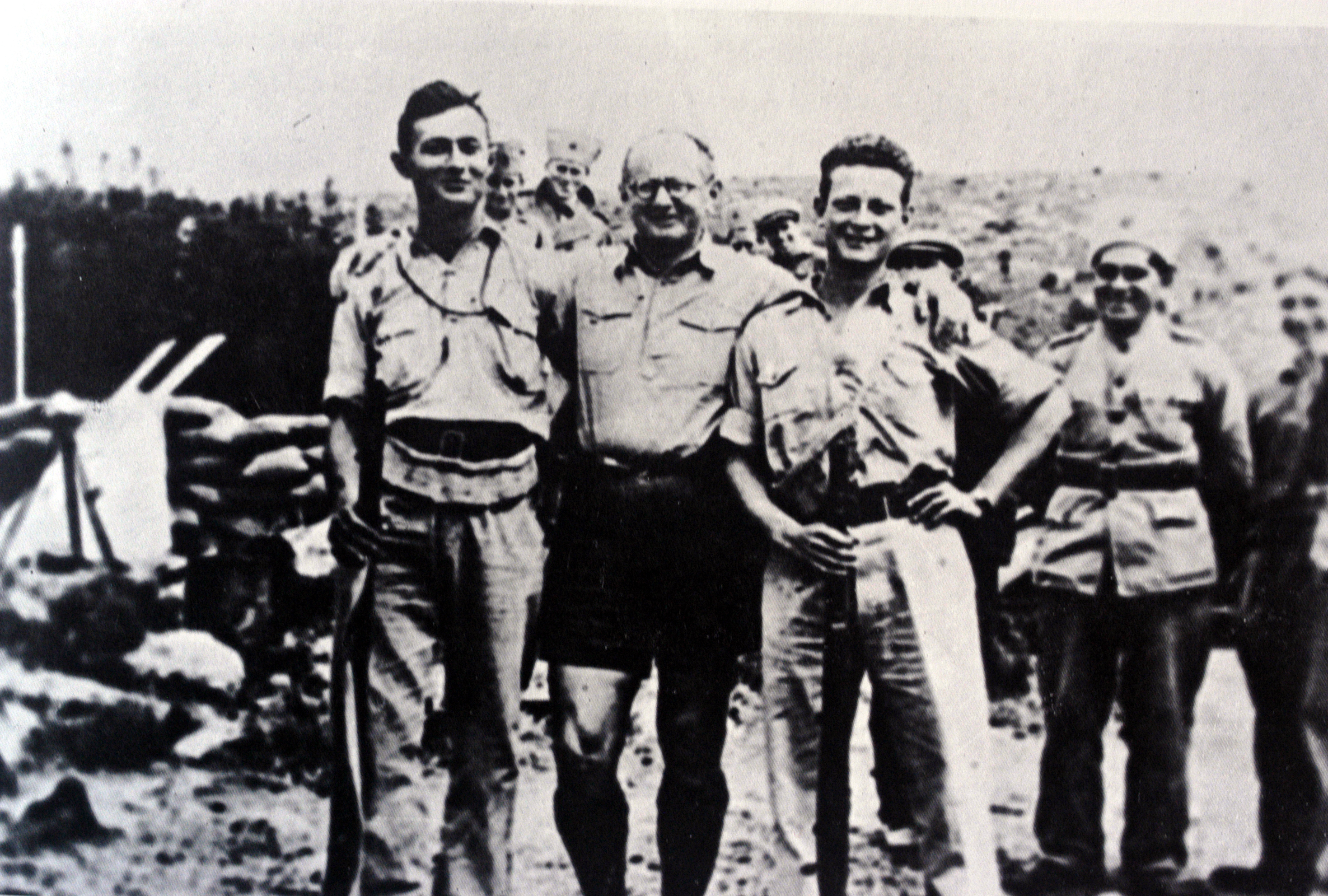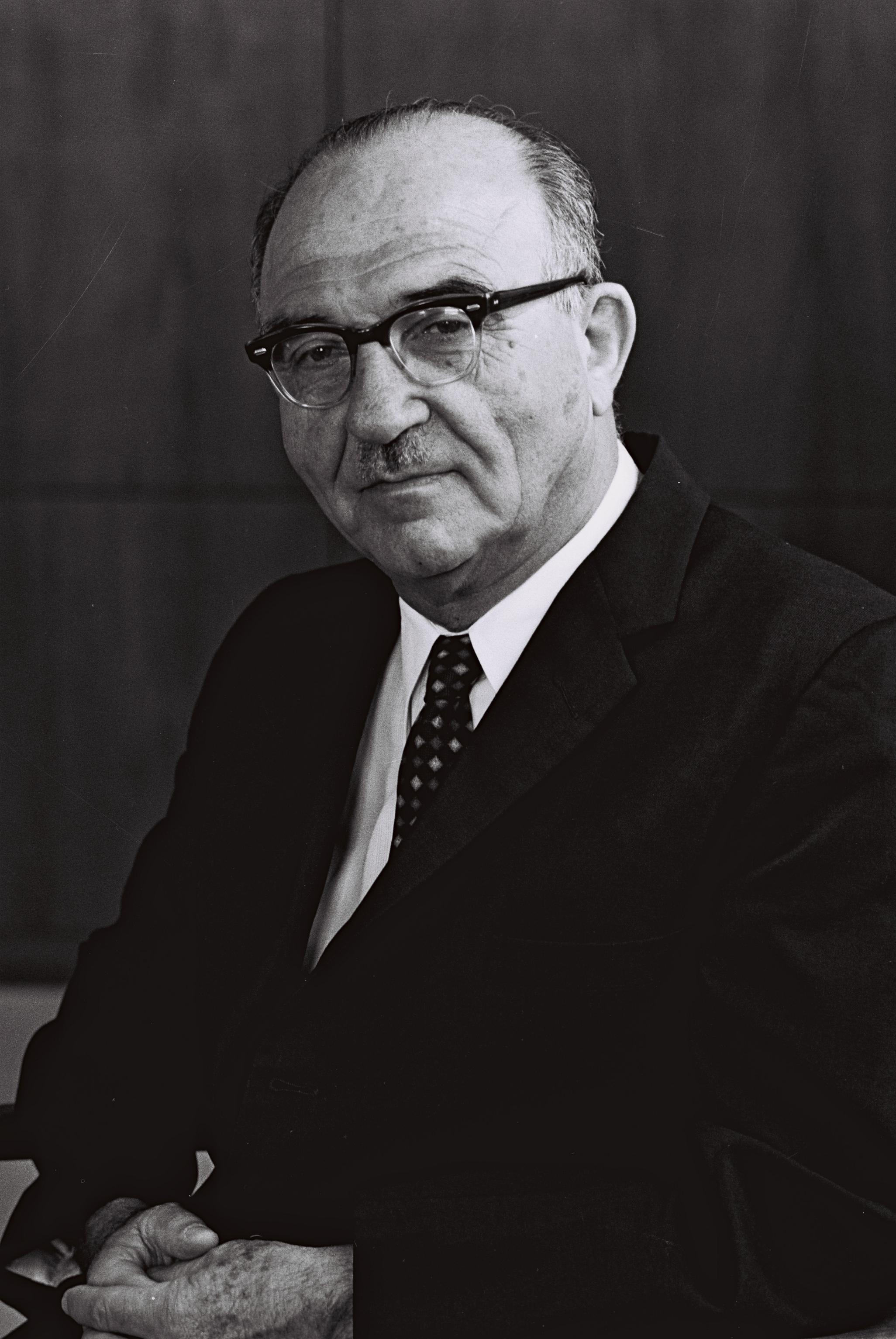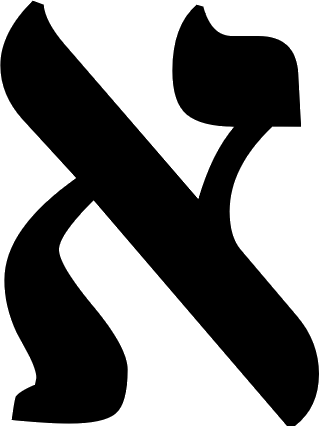|
Deputy Leader Of Israel
The deputy prime minister of Israel falls into four categories; Designated Acting Prime Minister, Deputy Prime Minister, Vice Prime Minister and Alternate Prime Minister. Vice Prime Minister is honorary and extra-constitutional position, but entitle the office-holder to a place in the cabinet. Deputy Prime Minister, Designated Acting Prime Minister, and Alternate Prime Minister are constitutional positions. When the Prime Minister is temporarily incapacitated both Designated Acting Prime Ministers and Alternate Prime Minister assume the duties of the prime minister. Deputy Prime Minister The position of Deputy Prime Minister ( he, סגן ראש הממשלה, ''Segan Rosh HaMemshela'') is an honorary title carried by an incumbent Minister in the Israeli Government under the Basic law: the Government, that states the follows: "A minister may be a Deputy Prime Minister" (but no more than that). Thus, there is no limit to the number of deputies a Prime Minister can appoint (as oppos ... [...More Info...] [...Related Items...] OR: [Wikipedia] [Google] [Baidu] |
Emblem Of Israel
The Emblem of Israel ( he, סמל מדינת ישראל, Sēmel Medīnat Yīsrāʾēl; ar, شعار دولة إسرائيل, translit=Shiʾeer Dawlat ʾIsrāʾīl) depicts a temple menorah surrounded by an olive branch on each side, with the word ''Israel'' written in Hebrew () below it. While it is commonly displayed in blue and white, the emblem has appeared in alternative colour combinations depending on the use, such as on the Israeli Presidential Standard (see below). History The State of Israel adopted the symbol after a design competition held in 1948. The design is based on the winning entry submitted by Gabriel and Maxim Shamir's proposal, with elements taken from other submissions, including entries from Oteh Walisch, W. Struski, Itamar David, Yerachmiel Schechter, and Willie Wind, whose entry won the first design competition. The emblem was officially adopted on February 10, 1949. [...More Info...] [...Related Items...] OR: [Wikipedia] [Google] [Baidu] |
Benny Gantz
Benjamin Gantz ( he, בִּנְיָמִין "בֵּנִי" גַּנְץ, Transliterated: ; born 9 June 1959) is an Israeli politician and retired army general serving as the minister of Defense since 2020 and deputy prime minister of Israel since 2021. He previously served as the alternate prime minister of Israel from 2020 to 2021. He served as the 20th chief of General Staff of the Israel Defense Forces (IDF) from 2011 to 2015. In December 2018, he entered politics by establishing a new political party named Israel Resilience. The party later allied itself with Telem and Yesh Atid to form Blue and White (Hebrew: ''Kaḥol Lavan''), the colours of the Israeli national flag. Gantz's Blue and White alliance platform includes introducing prime ministerial term limits, barring indicted politicians from serving in the Knesset, amending the nation-state law to include Israeli minorities, limiting the power of the Chief Rabbinate of Israel over marriages, investing in early educati ... [...More Info...] [...Related Items...] OR: [Wikipedia] [Google] [Baidu] |
Alignment (political Party)
The Alignment ( he, המערך, HaMa'arakh) was the name of two political alliances in Israel, both of which ended their existence by merging into the Israeli Labor Party. The first Alignment was a 1965 alliance of Mapai and Ahdut HaAvoda. The two parties continued to exist independently, but submitted joint electoral lists. Often called the Labor Alignment, the alliance lasted three years until a merger with Rafi in 1968 created the unitary Israeli Labor Party. The following year the Labor Party formed an alliance with Mapam, readopting the Alignment name. The two constituent parties remained separate, but with combined electoral campaigns and candidate lists. The second version of the Alignment lasted for more than two decades. At its formation in 1969, the second Alignment had 63 of 120 Knesset seats, the only time a parliamentary group in Israel has ever held a parliamentary majority. Although its majority was lost in the 1969 election, the 56 seats won by the Alignment re ... [...More Info...] [...Related Items...] OR: [Wikipedia] [Google] [Baidu] |
Yigal Allon
Yigal Allon ( he, יגאל אלון; 10 October 1918 – 29 February 1980) was an Israeli politician, commander of the Palmach, and general in the Israel Defense Forces, IDF. He served as one of the leaders of Ahdut HaAvoda party and the Labor Party (Israel), Israeli Labor party, and briefly as acting Prime Minister of Israel in 1969 - the first native born prime minister. He was a Knesset member and government minister from the third Knesset to the Ninth Knesset, ninth inclusive. Allon died unexpectedly in 1980 after he suffered a cardiac arrest. Allon, born a child of pioneer settlers in the Lower Galilee, became a member of the Labor Movement and a resident of Kibbutz Ginosar in his teen years. With the eruption of the 1936–1939 Arab revolt in Palestine, Allon joined the Haganah and later the Palmach. He commanded a squad and organized key operations in the Jewish Resistance Movement such as the "Night of the Bridges." During the 1947–1949 Palestine war Allon commanded the ... [...More Info...] [...Related Items...] OR: [Wikipedia] [Google] [Baidu] |
Seventeenth Government Of Israel
The seventeenth government of Israel was formed by Yitzhak Rabin on 3 June 1974, following the resignation of Prime Minister Golda Meir on 11 April and Rabin's election as Labor Party leader on 26 April. It was the first time an Israeli government had been led by a native-born Israeli (although Rabin was born in the British Mandate for Palestine prior to independence). As well as the 54-seat Alignment (of which the Labor Party was the largest faction, alongside Mapam and the two Labor-affiliated Israeli Arab parties, Progress and Development and the Arab List for Bedouin and Villagers, which merged into the United Arab List towards the end of the Knesset term), Rabin also included the Independent Liberals, who held four seats, and Ratz, which had three. The coalition had only a one-seat majority, with just 61 of the 120 seats in the Knesset, and was the first in Israeli political history to not contain a religious party. This status lasted until 30 October when the National ... [...More Info...] [...Related Items...] OR: [Wikipedia] [Google] [Baidu] |
Thirteenth Government Of Israel
The thirteenth government of Israel was formed by Levi Eshkol on 12 January 1966, Jewish Agency for Israel following the November 1965 elections. His coalition included the (an alliance of and ), the |
Twelfth Government Of Israel
The twelfth government of Israel was formed by Levi Eshkol on 22 December 1964, towards the end of the fifth Knesset. Eshkol kept the same coalition partners as previously, i.e. Mapai, the National Religious Party, Ahdut HaAvoda, Poalei Agudat Yisrael, Cooperation and Brotherhood and Progress and Development. The only change to the cabinet was Akiva Govrin becoming the country's first Minister of Tourism, having been a Minister without Portfolio in the previous government. Yosef Almogi and Shimon Peres resigned from the cabinet in May 1965 due to their opposition of the alliance between Mapai and Ahdut HaAvoda. Jewish Agency for Israel Both joined Ben-Gurion's new party, [...More Info...] [...Related Items...] OR: [Wikipedia] [Google] [Baidu] |
Eleventh Government Of Israel
The eleventh government of Israel was formed on 26 June 1963, midway through the fifth Knesset. It was the first government formed by Levi Eshkol following the second resignation of David Ben-Gurion. Eshkol kept the same coalition partners as previously, i.e. Mapai, the National Religious Party, Ahdut HaAvoda, Poalei Agudat Yisrael, Cooperation and Brotherhood and Progress and Development. There were few changes, with Eshkol replacing Ben-Gurion in the dual role of Prime Minister and Minister of Defense, Pinhas Sapir replacing Eshkol as Minister of Finance, and Abba Eban replacing Zalman Aran as Education Minister, as well as becoming the country's second Deputy Prime Minister. Eshkol presented it as a "government of continuity". Jewish Agency for Israel Deputy Ministers were appointed on 1 July. The government resigned ... [...More Info...] [...Related Items...] OR: [Wikipedia] [Google] [Baidu] |
Mapai
Mapai ( he, מַפָּא"י, an acronym for , ''Mifleget Poalei Eretz Yisrael'', lit. "Workers' Party of the Land of Israel") was a democratic socialist political party in Israel, and was the dominant force in Israeli politics until its merger into the modern-day Israeli Labor Party in 1968. During Mapai's time in office, a wide range of progressive reforms were carried out, as characterised by the establishment of a welfare state, providing minimum income, security, and free (or almost free) access to housing subsidies and health and social services. History The party was founded on 5 January 1930 by the merger of the Hapoel Hatzair founded by A. D. Gordon and the original Ahdut HaAvoda (founded in 1919 from the right, more moderate, wing of the Zionist socialist Poale Zion led by David Ben-Gurion). In the early 1920s the Labor Zionist movement had founded the Histadrut Union, which dominated the Hebrew settlement economy and infrastructure, later making Mapai the dominant polit ... [...More Info...] [...Related Items...] OR: [Wikipedia] [Google] [Baidu] |
Eliezer Kaplan
Eliezer Kaplan ( he, אליעזר קפלן; be, Эліэзер Каплан; ) was a Zionist activist, Israeli politician, one of the signatories of the Israeli declaration of independence and the country's first Minister of Finance and Deputy Prime Minister. Biography Born in Minsk in the Russian Empire (today in Belarus), Kaplan attended a Heder and high school in Łowicz. He joined the Socialist Zionist Party in 1905, and was one of the founders of the ''Youth of Zion – Renewal'' movement in 1908, elected secretary of its Minsk Region branch in 1912. He also helped found the ''Youth of Zion'' movement in Russia in 1912 and was a member of its central committee. In 1917, he graduated from a Moscow polytechnic as a building engineer. In 1919, Kaplan was a member of the Ukrainian delegation to the Versailles Peace Conference. The following year he immigrated to Mandatory Palestine, and was involved in merging ''Youth of Zion'' with Hapoel Hatzair to form Hitachdut, and fol ... [...More Info...] [...Related Items...] OR: [Wikipedia] [Google] [Baidu] |
Third Government Of Israel
The third government of Israel was formed by David Ben-Gurion on 8 October 1951, more than two months after the elections. His Mapai party formed a coalition with Mizrachi, Hapoel HaMizrachi, Agudat Yisrael, Poalei Agudat Yisrael and the three Israeli Arab parties, the Democratic List for Israeli Arabs, Progress and Work and Agriculture and Development. There were 15 ministers. Agudat Yisrael and Poalei Agudat Yisrael left the coalition on 23 September 1952 (though Kalman Kahana remained a deputy minister) shortly after disagreements over the conscription of women into the IDF. This left the government with only 60 of the 120 seats in the Knesset. Jewish Agency for Israel The government resigned on 19 December 1952 due to a dispute with the religious parties over |
One Israel
One Israel ( he, ישראל אחת, ''Yisrael Ahat'') was an alliance of the Labor Party, Meimad and Gesher created to run for the 1999 Knesset elections. Background One Israel was formed by Labor leader Ehud Barak in the run-up to the 1999 elections with the aim of making Labor appear more centrist and to reduce its secularist and elitist reputation amongst Mizrahi voters (Gesher was led by prominent Mizrahi politician and former Likud MK David Levy whilst Meimad is a religious party) modelled on Tony Blair's transformation of the British Labour Party into New Labour. The coalition agreement gave Gesher the number three spot on the list (behind Barak and Shimon Peres), two other safe positions and a promise that Levy would get a ministerial position. Meimad were promised one safe spot on the list and a ministerial position for a member who did not make it into the Knesset. In the run-up to the election, surveys predicted the party would win 33 seats. However, although On ... [...More Info...] [...Related Items...] OR: [Wikipedia] [Google] [Baidu] |


_-_ISRAEL_AMBASSADOR_TO_U.S.A._YITZHAK_RABIN_AND_HIS_WIFE_LEAH_(1)_(crop).jpg)

.jpg)


.jpg)